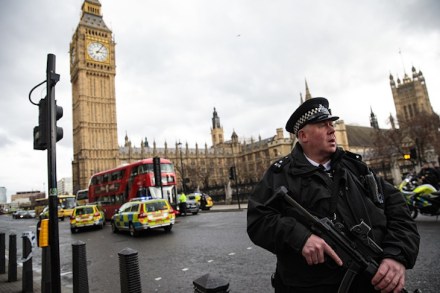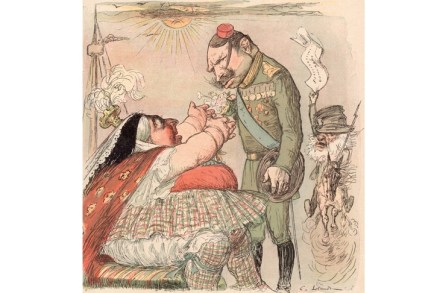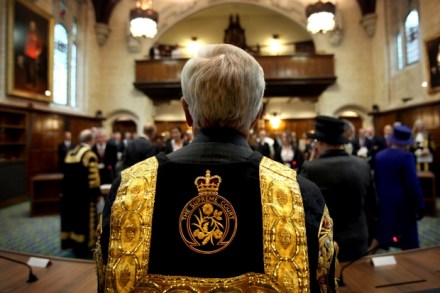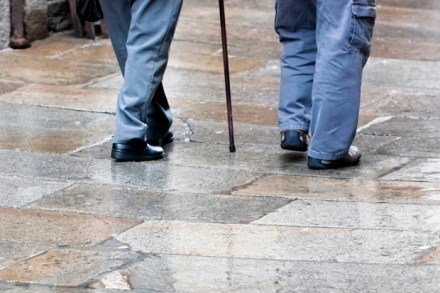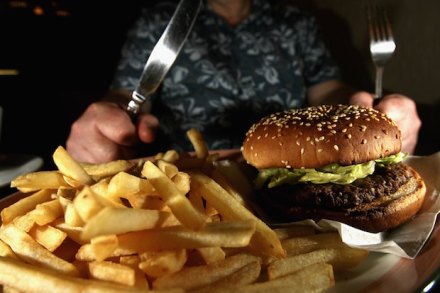Letters | 14 September 2017
Fat responsibility Sir: Prue Leith is right to note that the state picks up the bill for our national obesity problem (‘Our big fat problem’, 9 September). But the kind of large and expensive scheme she proposes only deepens the mindset that the government is responsible for our choices. Manufacturers should be forced to display hard-hitting facts about obesity on the labels of the unhealthiest food, in the vein of cigarette packets. This would leave people in no doubt about the consequences to their health, while avoiding extra cost to the state or punitive taxes which also hit those who exercise moderation. Theo White Chelmsford, Essex Bring back smoking Sir:








